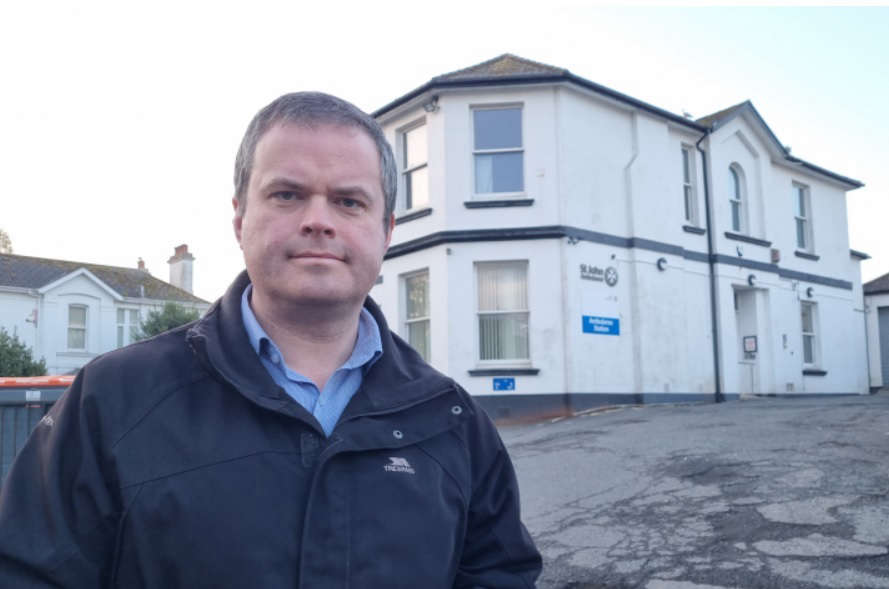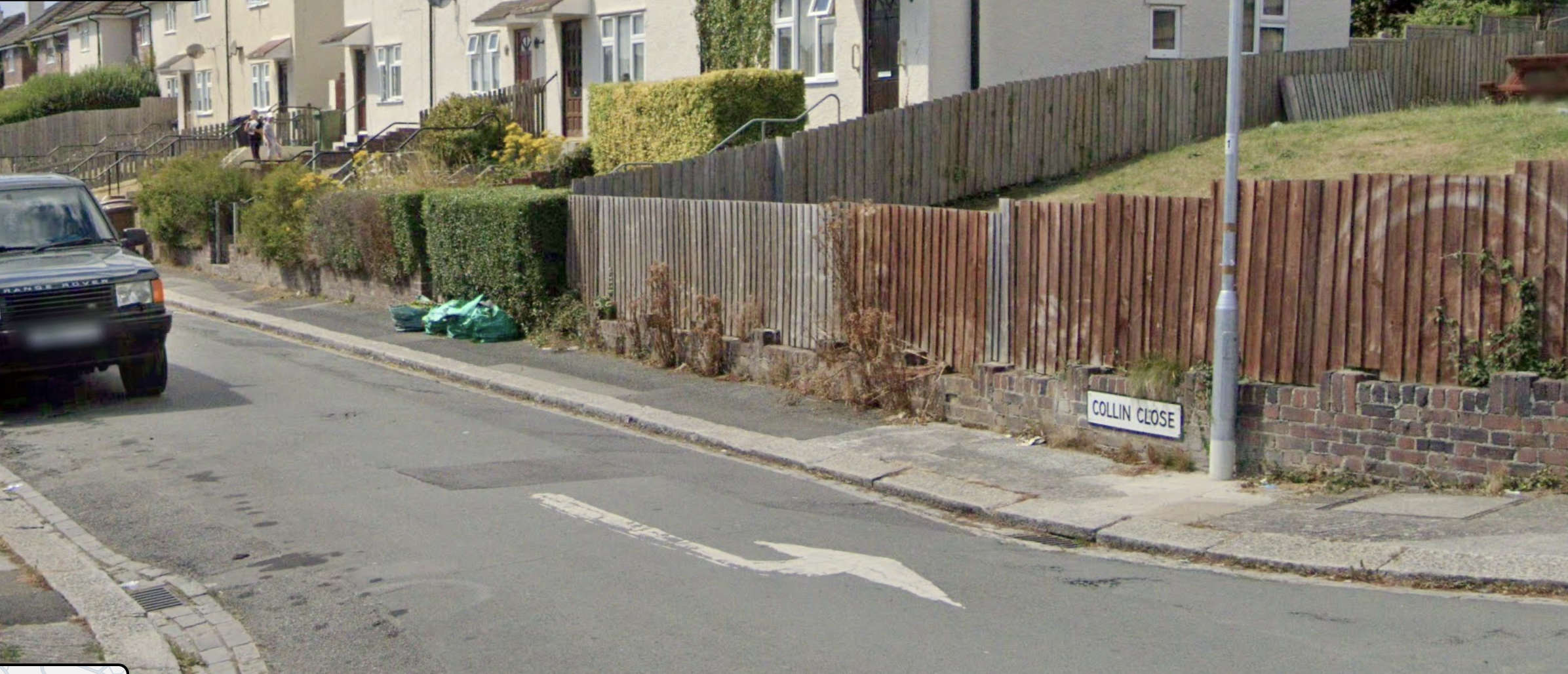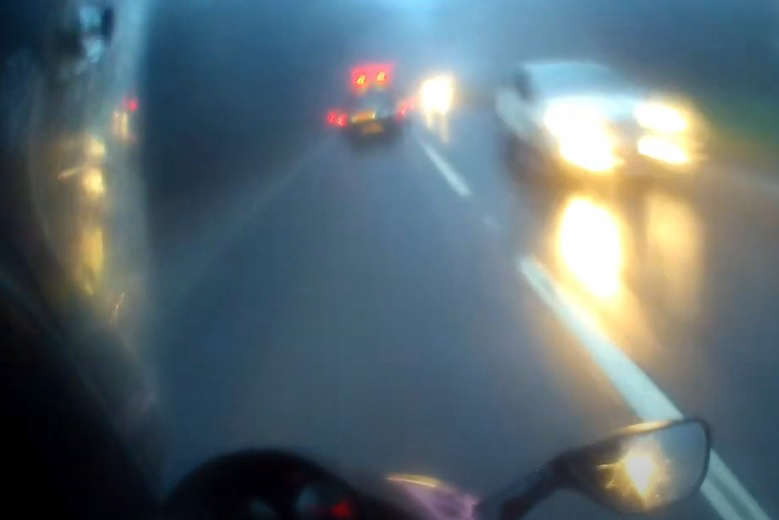
Exeter University studies commuting habits
You're more likely to catch the bus to go to work if you're gay - and it could be because you value the environment more than straight people.
Some of the finest minds in Exeter have been analysing the sexual orientation of commuters. They've revealed that people in same-sex couples are more likely to commute by public transport and less likely to drive to work than those in straight couples.
Researchers from the University of Exeter Business School analyzed how sexual orientation impacts on choice of transport to work.
They found a ‘sexual orientation gap’ that is particularly stark among men, with gay and bisexual men in same-sex couples seven per cent more likely to commute by public transport (for women the gap is three per cent) and 13 per cent less likely to drive to work.
Men with a partner of the same sex were on average 69 per cent more likely to commute by less popular forms of transport such as walking or cycling.
The data also showed that men in same-sex couples were 45 per cent more likely to work from home than men in different-sex couples.
The analysis was made using a random sample of three million people in the United States.
Additional evidence from the General Social Survey 2008-18 suggested this sexual orientation gap could be due to gay, lesbian and bisexual individuals valuing the environment more.
Researchers identified 450 gay, lesbian and bisexual respondents and analyzed their survey answers to questions on the environment such as how interested they were in pollution, whether they were concerned the government spent too little on the environment and about alternative energy sources.
They found that their environmental preferences were around 10% stronger than those of straight individuals, which the researchers suggest may explain why individuals in same-sex couples tend to choose greener forms of commute.
Sonia Oreffice, a Professor of Economics at the University of Exeter Business School, said that the different commuting choices made by individuals in same-sex households have direct health and environmental implications.
“Our study reveals that working men and women in same-sex couples make healthier and more environmentally conscious transportation to work choices than comparable men and women in different-sex couples,” Professor Oreffice said.
“This could help policy makers and health practitioners to address transportation to work in a more diverse and less traditional family-oriented manner.”
Co-author Dario Sansone, an Assistant Professor of Economics at the University of Exeter Business School, added that gender norms played a part in the findings.
Dr Sansone noted: “Gender norms affecting many of the household and work choices of different-sex couples may also play a role in the choices regarding mode of transportation to work, which in turn impacts on people’s health, the environment and work opportunities of men and women.
“Estimating the work transportation differences among same-sex and different-sex couples may help to better understand the transportation decisions of men and women overall, and the factors that influence them."
“Transportation to work by sexual orientation” is published in PLOS ONE.
 Petition launched to save Paignton ambulance station
Petition launched to save Paignton ambulance station
 Official challenge to Torbay solar farm project
Official challenge to Torbay solar farm project
 Two people injured in suspected Plymouth stabbing
Two people injured in suspected Plymouth stabbing
 Four councillors banned from council tax debates
Four councillors banned from council tax debates
 Video shows Devon biker causing horrific crash
Video shows Devon biker causing horrific crash
